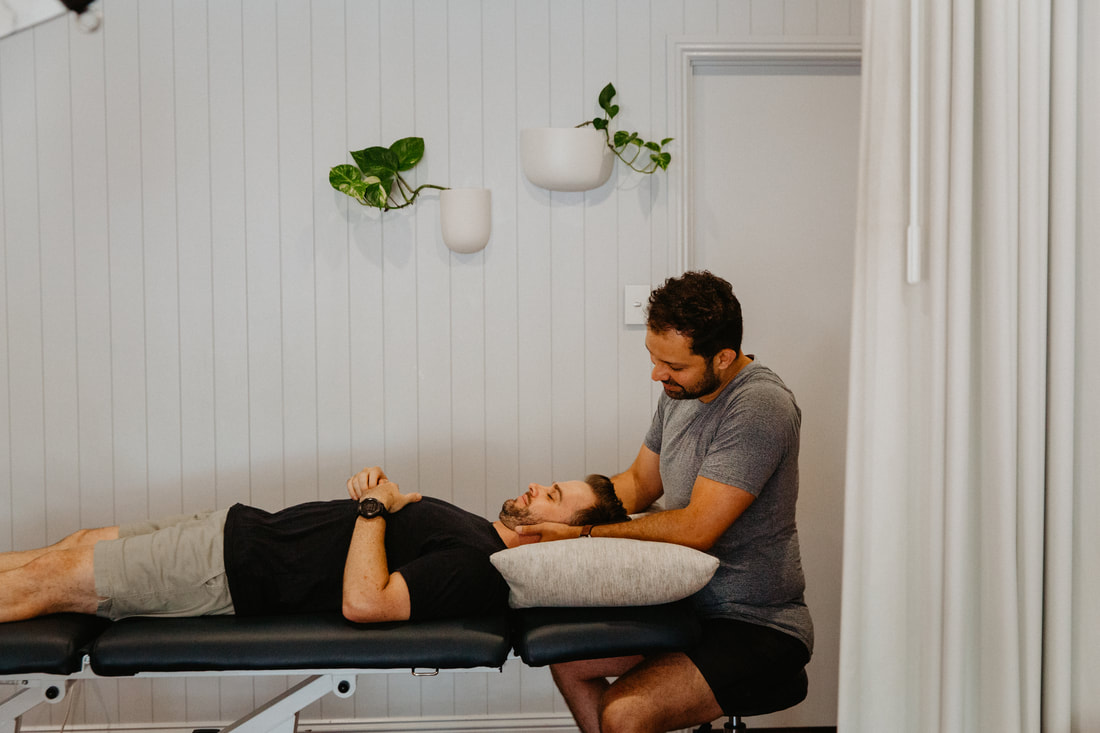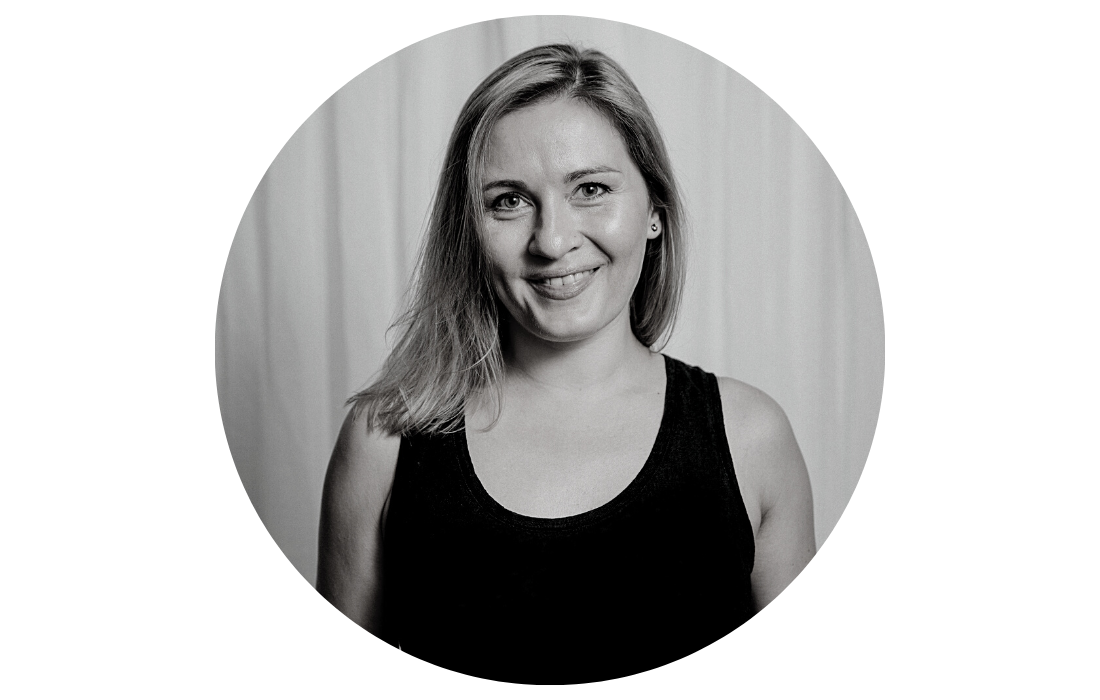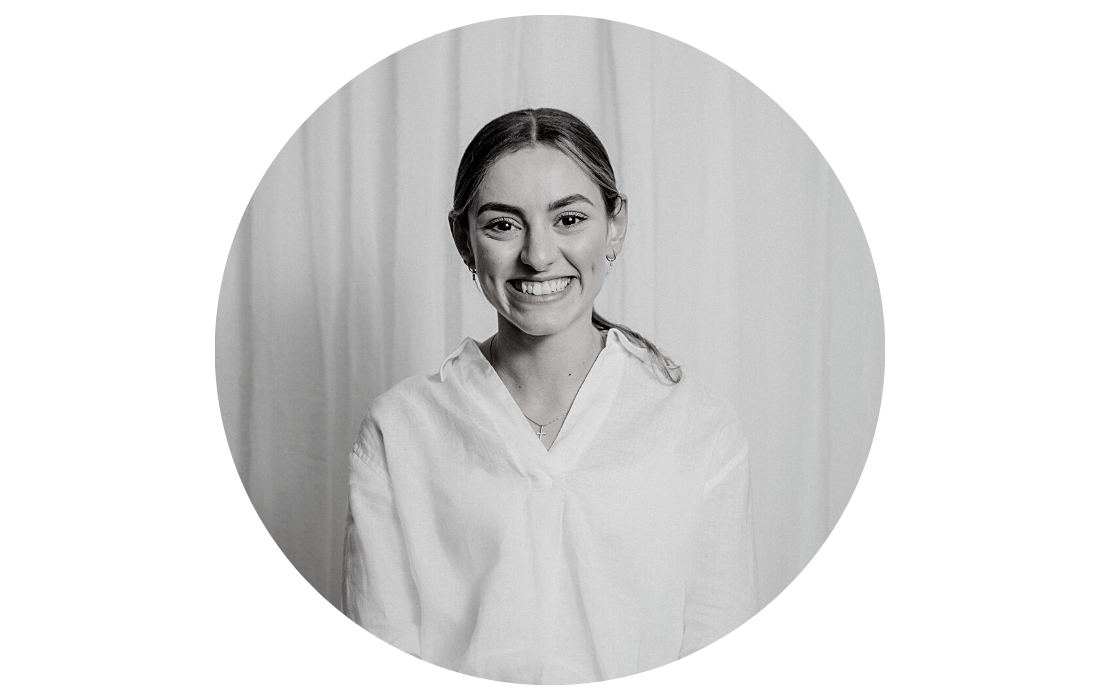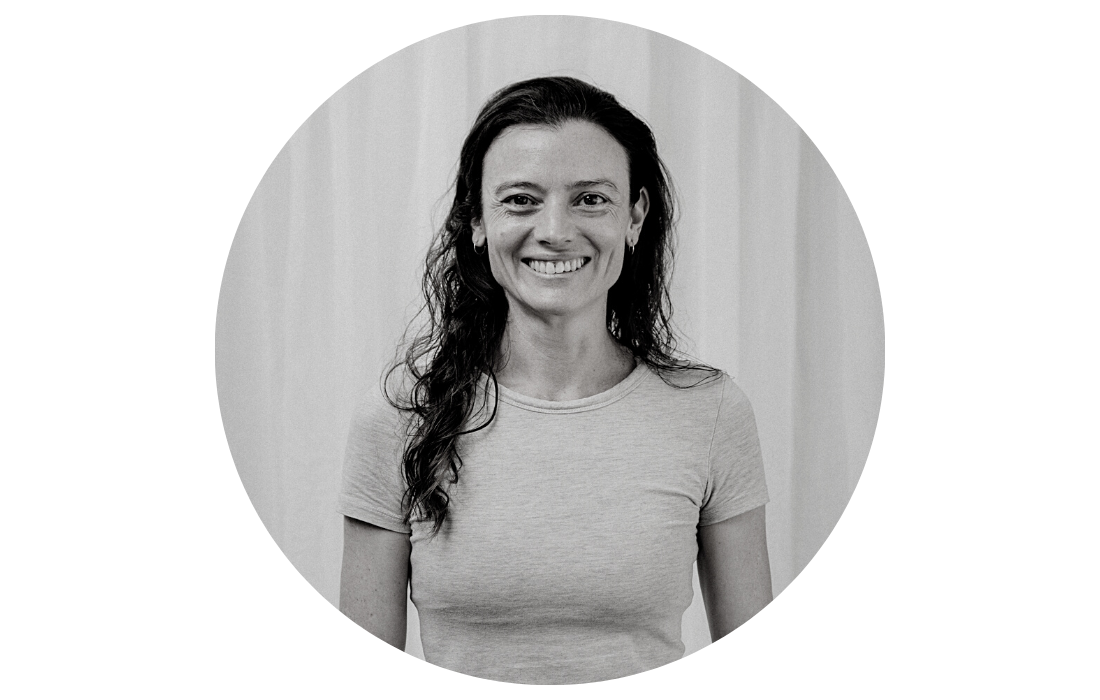Postural Disorders Physiotherapy Brisbane southside.
What are Postural Disorders?
Postural disorders, also known as postural problems or postural abnormalities, refer to conditions or issues that affect an individual's posture—the way they hold their body while sitting, standing, or moving. Proper posture is essential for overall musculoskeletal health and can impact a person's comfort, appearance, and physical well-being.
What are the common types of Postural Disorders?
What causes Postural Disorders?
What are the symptoms of Postural Disorders?
The symptoms of postural disorders can vary depending on the type and severity of the condition. Common symptoms may include:
How are Postural Disorders diagnosed?
Diagnosing a postural disorder typically involves a thorough assessment by a healthcare provider, orthopedic specialist, or physical therapist. This assessment may include:
What is the treatment for Postural Disorders?
The treatment and management of postural disorders depend on the specific condition, its severity, and the individual's age and overall health. Common approaches may include:
How can physiotherapy help with Postural Disorders?
Physiotherapy can be highly beneficial in addressing and managing postural disorders. A physiotherapist can assess your posture, identify any postural abnormalities, and develop a customised treatment plan to improve your posture and alleviate associated symptoms. Here's how physiotherapy can help with postural disorders:
It's important to remember that achieving and maintaining proper posture requires consistent effort and practice. Physiotherapy provides guidance, exercises, and strategies to help you develop good posture habits and reduce the risk of postural disorders or related pain and discomfort. The treatment plan will be tailored to your specific needs and the underlying causes of your postural issues.
If you or a loved one has questions about Postural Disorders and how our physiotherapists might be able to help please call us on 07 3706 3407 or email [email protected]. We would love to work with you!
Postural disorders, also known as postural problems or postural abnormalities, refer to conditions or issues that affect an individual's posture—the way they hold their body while sitting, standing, or moving. Proper posture is essential for overall musculoskeletal health and can impact a person's comfort, appearance, and physical well-being.
What are the common types of Postural Disorders?
- Kyphosis: Kyphosis is an excessive outward curvature of the spine, typically in the upper back, leading to a rounded or hunched posture.
- Lordosis: Lordosis is an excessive inward curvature of the spine, often in the lower back (lumbar) or neck (cervical), causing an exaggerated arch in the affected area.
- Scoliosis: Scoliosis is a lateral (sideways) curvature of the spine, resulting in an S or C-shaped curve. It can affect the entire spine or only specific regions.
- Forward Head Posture: This occurs when the head protrudes forward from its ideal alignment with the rest of the spine. It can lead to neck and shoulder pain.
- Rounded Shoulders: Rounded shoulders involve a forward or hunched shoulder position, which can cause upper back and neck discomfort.
- Flatback Syndrome: In this condition, the natural curvature of the spine is reduced, leading to a flattened appearance of the lower back.
What causes Postural Disorders?
- Poor posture habits, such as slouching or sitting with rounded shoulders.
- Muscular imbalances, where certain muscle groups are stronger or tighter than others.
- Congenital factors, such as abnormal spine development from birth.
- Degenerative conditions, like disc degeneration or arthritis, that affect the spine.
- Trauma or injury to the spine or related structures.
- Medical conditions, such as neuromuscular disorders or scoliosis.
What are the symptoms of Postural Disorders?
The symptoms of postural disorders can vary depending on the type and severity of the condition. Common symptoms may include:
- Pain or discomfort in the affected area of the spine or surrounding muscles.
- Reduced range of motion or flexibility.
- Changes in appearance, such as a hunched back or uneven shoulders.
- Fatigue or muscle weakness.
- Headaches or neck pain.
- Difficulty maintaining proper posture for extended periods.
How are Postural Disorders diagnosed?
Diagnosing a postural disorder typically involves a thorough assessment by a healthcare provider, orthopedic specialist, or physical therapist. This assessment may include:
- A review of the individual's medical history and symptoms.
- A physical examination to evaluate posture, spinal alignment, and range of motion.
- Imaging studies like X-rays or MRI scans to assess the structure of the spine.
What is the treatment for Postural Disorders?
The treatment and management of postural disorders depend on the specific condition, its severity, and the individual's age and overall health. Common approaches may include:
- Postural Education: Teaching proper posture and ergonomic principles to individuals to help them maintain better alignment in daily activities.
- Physical Therapy: A physical therapist can design a customised exercise program to strengthen weak muscles, improve flexibility, and correct postural abnormalities.
- Bracing: In some cases, braces or orthotic devices may be recommended to support and improve spinal alignment.
- Pain Management: Over-the-counter pain medications, heat or cold therapy, and other modalities may help manage discomfort associated with postural problems.
- Surgery: For severe cases or when postural disorders are caused by structural issues like scoliosis, surgical intervention may be necessary.
- Lifestyle Modifications: Implementing lifestyle changes, such as ergonomic adjustments at work or maintaining a healthy weight, can be beneficial.
- Regular Monitoring: Continued monitoring and follow-up with healthcare providers or specialists are important to track progress and make necessary adjustments to the treatment plan.
How can physiotherapy help with Postural Disorders?
Physiotherapy can be highly beneficial in addressing and managing postural disorders. A physiotherapist can assess your posture, identify any postural abnormalities, and develop a customised treatment plan to improve your posture and alleviate associated symptoms. Here's how physiotherapy can help with postural disorders:
- Postural Assessment: A physiotherapist will conduct a thorough assessment of your posture to identify any deviations from the ideal alignment. This assessment may include examining your sitting, standing, and walking posture, as well as assessing the alignment of your spine, shoulders, hips, and other body parts.
- Muscle Imbalance Correction: Muscular imbalances are often a contributing factor to postural disorders. Physiotherapists can design exercises to target specific muscle groups, helping to strengthen weak muscles and release tight ones. This rebalancing of muscles is essential for achieving and maintaining proper posture.
- Stretching and Range of Motion Exercises: Physiotherapists may prescribe stretching exercises to improve flexibility in muscles that are overly tight and restricting your ability to achieve good posture. Increasing your range of motion can also help you move more comfortably.
- Core Strengthening: A strong core provides stability for your spine and helps support proper posture. Physiotherapists can guide you through core-strengthening exercises to improve the strength of your abdominal and back muscles.
- Education and Awareness: Physiotherapists educate patients about the importance of maintaining proper posture and provide practical tips for achieving it during various activities and in different settings, such as at work or during daily tasks.
- Ergonomic Advice: If your postural problems are related to your workplace or daily activities, physiotherapists can offer ergonomic recommendations and modifications to your workspace or environment to promote better posture.
- Postural Retraining: Through exercises and techniques, physiotherapists can help you retrain your body to adopt and maintain a more correct posture naturally.
- Modalities: In some cases, physiotherapists may use modalities like heat, cold therapy, or electrical stimulation to reduce pain and muscle tension associated with postural issues.
- Progress Monitoring: Physiotherapists monitor your progress and make adjustments to your treatment plan as needed to ensure that you are on track to achieve better posture and reduce discomfort.
- Lifestyle Modification: Physiotherapists can provide guidance on lifestyle changes, such as incorporating regular breaks to stretch and change positions, maintaining a healthy weight, and staying active, to support long-term postural improvement.
It's important to remember that achieving and maintaining proper posture requires consistent effort and practice. Physiotherapy provides guidance, exercises, and strategies to help you develop good posture habits and reduce the risk of postural disorders or related pain and discomfort. The treatment plan will be tailored to your specific needs and the underlying causes of your postural issues.
If you or a loved one has questions about Postural Disorders and how our physiotherapists might be able to help please call us on 07 3706 3407 or email [email protected]. We would love to work with you!
Who to book in with:
Yulia Khasyanova
|
Monica Hanna
|
Emma Cameron
|



